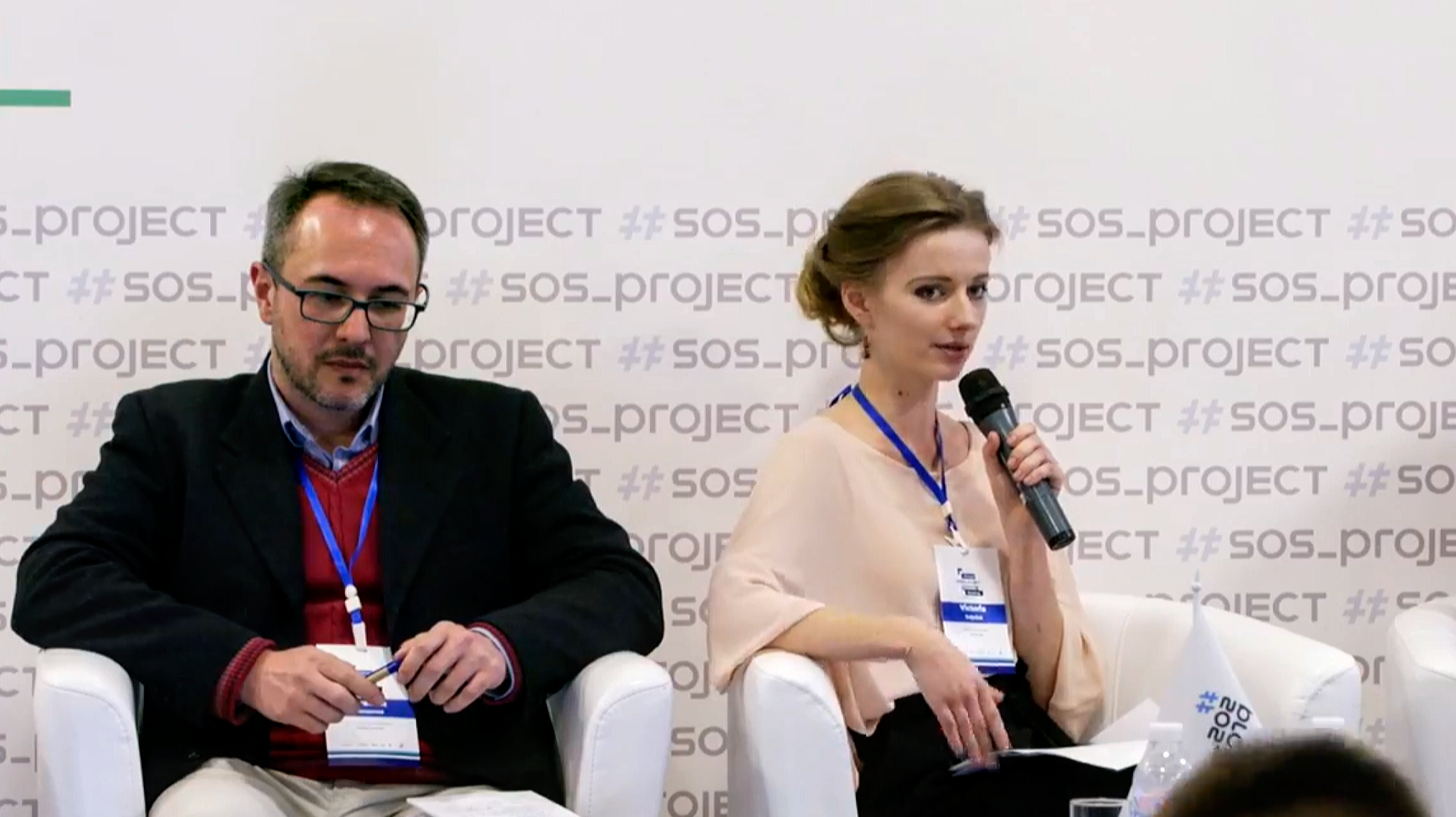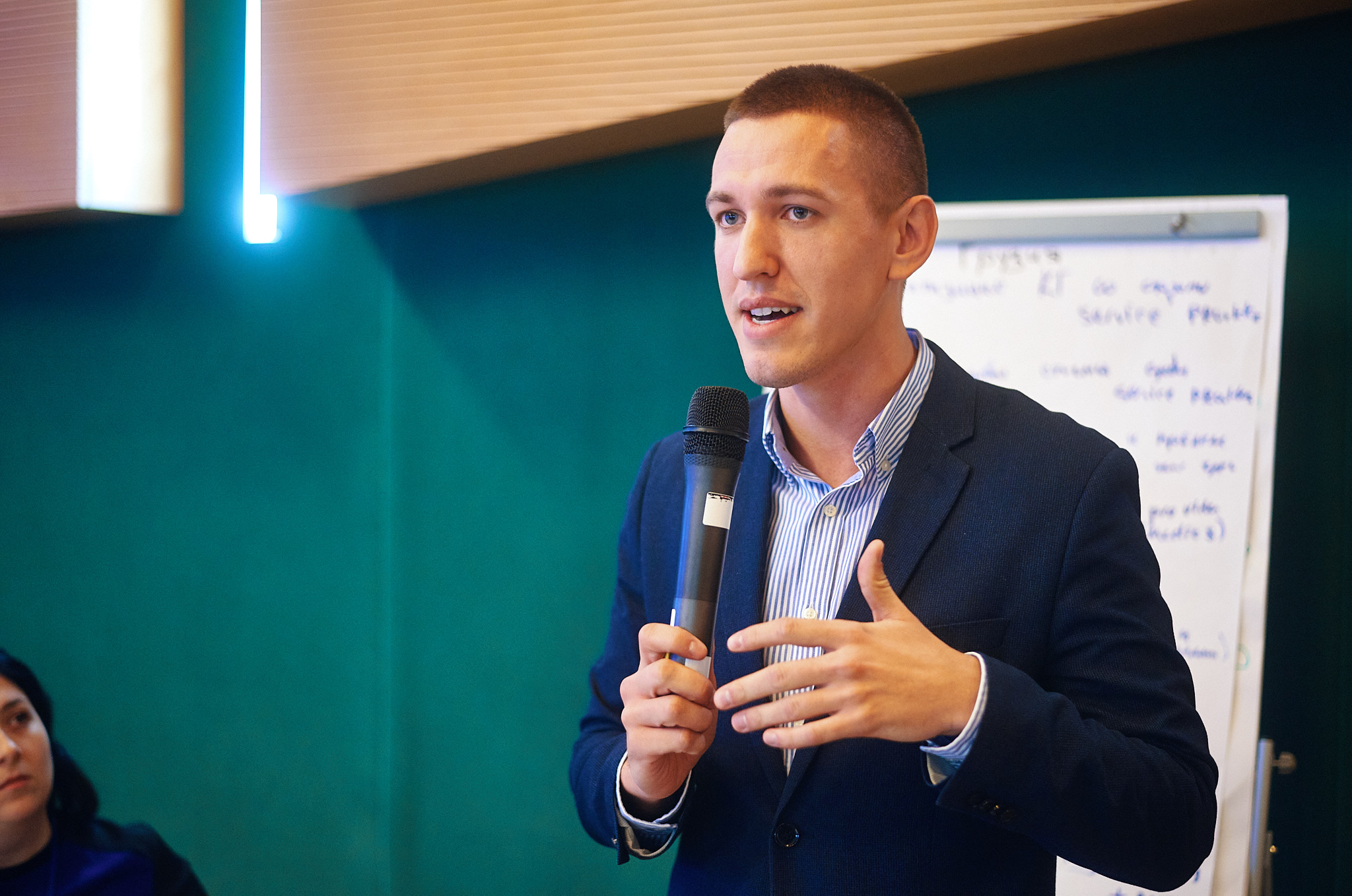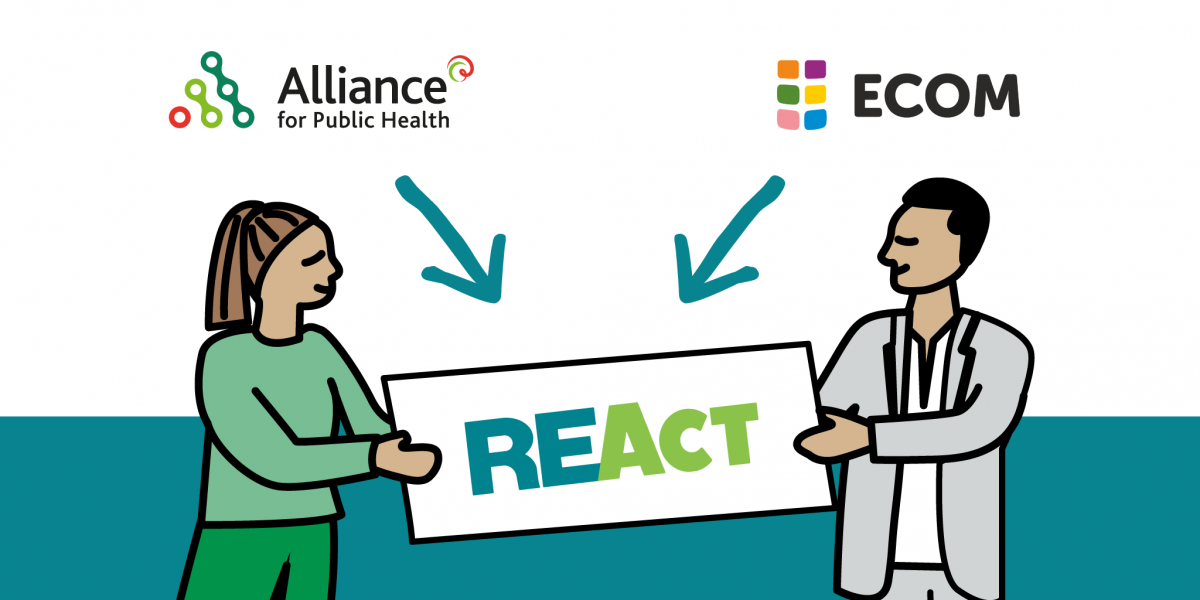Alliance for Public Health (APH) initiates strategic partnership with the Eurasian Coalition on Health, Rights, Gender and Sexual Diversity (ECOM) to improve advocacy and protection of the rights of key populations and people living with HIV in Eastern Europe and Central Asia (EECA).
The basis for expanding cooperation is the REAct tool. It is an online platform for monitoring and responding to violations of the rights of key populations and people living with HIV. Thus, statistical data and evidence base of offenses against men who have sex with men (MSM) and trans * people collected through the online platform REAct in seven EECA countries will be used for the development of alternative and shadow reports to UN committees and recommendations to improve the legal environment, as well as during planning advocacy activities in the EECA region.
It is important to note that, in addition to responding to violations, an important part of REAct’s work is the analysis of the collected information and joint efforts with partners for legislative changes and advocacy at the regional, country, and local level.
“Only joint efforts, synergy and cooperation between civil society organizations, regional networks, and stakeholders in countries can make an impact to the legal situation in each individual country and in the region as a whole, reduce the level of stigma and discrimination, and improve the quality of life of people,” says Victoria Kalyniuk, Regional Coordinator of REAct in the EECA region, Alliance for Public Health.
To date, more than 4,000 complaints about violation of rights, discrimination and legal barriers in accessing HIV prevention and treatment services are documented in REAct system. In 2020, of the total number of requests, from 2% to 17% (depending on the country) were reported by MSM and trans * people, but APH is confident that the real figure is much higher, given the particular precautions of representatives of these key populations.
“For us in the future, it remains the priority to provide maximum support and respect 100% confidentiality for people who ask for help. And the REAct online system copes with this task perfectly, having all the necessary technical characteristics for this, – said Victoria Kalyniuk. – We hope that thanks to cooperation with ECOM, we will be able to adjust the online system to the needs of beneficiaries and REActors, as well as expand cooperation with LGBT organizations in the countries. It is very important for us to develop more trusting interaction with representatives of this rather closed key population in the region, primarily in order to increase the scale of legal assistance provision to those in need of it. We will be able to achieve this by sharing the experience of APH and ECOM, REActors’ training, developing their professional and programmatic knowledge of the peculiarities and effective approaches to work.”

One of ECOM’s goals is to foster an enabling legal environment for HIV services for MSM and trans * communities by reducing stigma and discrimination, promoting and protecting human rights, and removing legal barriers and obstacles.
“An advocacy response to violations of the right to health and related other human rights is still quite ineffective in the EECA region for both the LGBT community and people living with HIV. To this end, ECOM collects information on human rights violations among LGBT people in EECA, which is included in analytical reports for the UN international legal mechanisms, – says Yuri Yoursky, ECOM Human Rights and Legal Issues Officer. Over the past few years of ECOM and its regional partners’ active work, there are already the first results of successful international health advocacy for LGBT people at the UN level in Armenia, Belarus, North Macedonia, Tajikistan, and Uzbekistan, as well as in a number of other countries of the EECA region. And this only reinforces the ECOM’s assurance that international advocacy tools can be effective as well as easy and convenient to use for all male and female activists. Thus, the REAct tool will help improve the procedure for collecting cases of violation of rights in EECA countries, as well as simplify the process of analyzing data and using them in subsequent advocacy.



